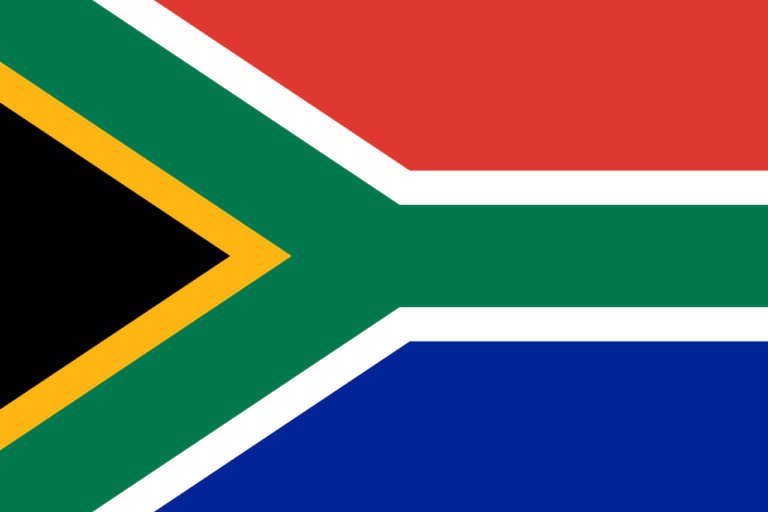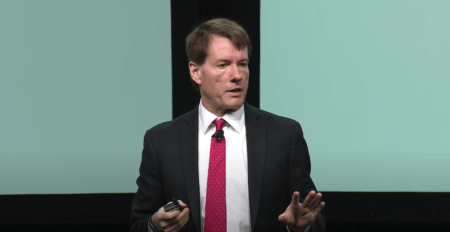South Africa´s central bank, the South African Reserve Bank (SARB), is instituting an independent self-regulatory investigative unit – nicknamed Project Khoka – to oversee the crypto space.
The new non-state agency will be authorized to set up new laws and industry standards. The SARB opted for a self-regulatory approach to ensure that the crypto industry advances while keeping risks at a minimum
Bridget King, Director of Banking Practice at the central bank, told Finextra
“Regulating cryptocurrencies prematurely could have the negative consequence of throttling the growth and innovation of the industry”
According to King, cryptocurrencies cannot be regulated under the same class as traditional banking services. Therefore, the newly formed self-regulatory unit is set to develop new regulations for the crypto space.
Moreover, per King, the crypto space is in its emerging phase and will undoubtedly advance. Hence, regulations will only need to be updated as the industry progresses.
“In addition, if laws are drafted based on existing technology, which is still in its growth phase, there is a risk that the technology may have moved so much by the time the legislation is enacted, that the legislation is obsolete or requires updating almost immediately to align with the latest technology”
South Africa To Tax Crypto Gains
Project Khoka’s primary task will be to analyze the use of blockchain technology in electronic payments. Earlier this year, SARB formed a fintech task force that would confront regulatory subjects such as monetary policy and financial stability. Project Khoka is a spin-off of that fintech task force.
Cryptocurrencies gained extensive popularity in South Africa last year. According to CryptoCompare data, the South African Rand makes up for roughly 0.01% of Bitcoin’s trading volume, as about 444 bitcoin were traded against the fiat currency in the last 24-hour period.
Recently, South Africa’s tax authority, the South African Revenue Service (SARS), revealed it expects taxpayers to declare cryptocurrency gains, although cryptos aren’t legal tender in the country.









